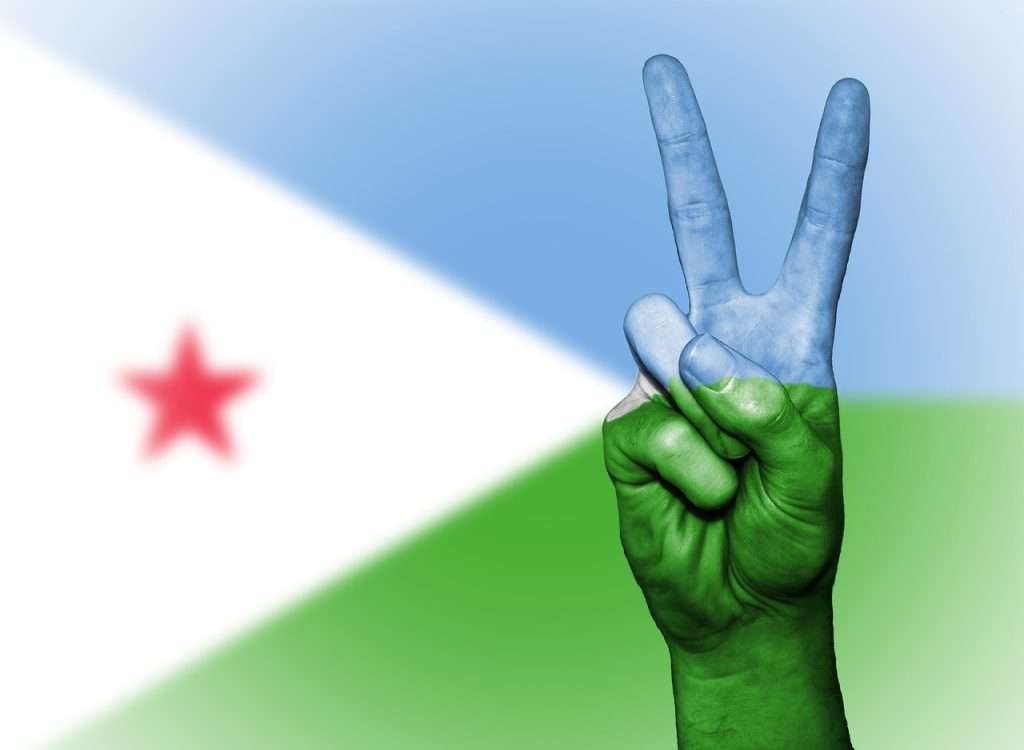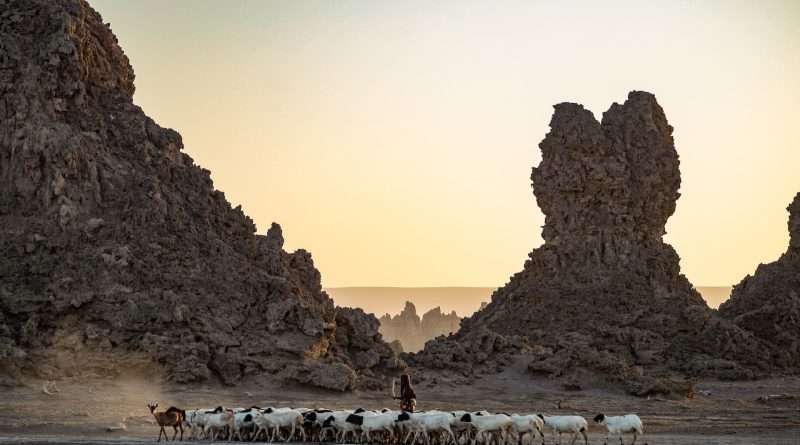Official Languages of Djibouti
Djibouti, officially known as the Republic of Djibouti, is a multilingual nation nestled in the Horn of Africa, harbouring a rich linguistic tapestry due to its multi-ethnic populace. The two foremost languages holding official status here are French and Arabic, each with historical and cultural significance.
Official Languages
The official language status of Arabic and French in Djibouti is symbolic of the nation’s historical interactions and religious legacy. Arabic, bearing religious significance due to the nation’s Islamic roots, is embraced by many. At the same time, French is a relic of the colonial era when French forces established a foothold in Djibouti during the late 19th century. This official recognition facilitates formal communication within government entities and educational institutions.
French Language in Djibouti
French emerged as a prominent language following the establishment of French Somaliland in the early 1890s. Its utility extends to being the primary medium of instruction in schools, with around 17,000 individuals identifying it as their first language. The enduring French influence also manifests in the country’s motto, ‘Unity, Equality, and Peace,’ enshrined in French.
Arabic Language in Djibouti
The Arabic language’s official status is intertwined with Djibouti’s Islamic heritage, serving religious and cultural functions. It manifests in its Modern Standard Arabic form in formal settings, while colloquially, the Ta’izzi-Adeni Arabic dialect, known locally as Djiboutian Arabic, is spoken by about 59,000 residents.

National Languages
Apart from the official languages, Somali and Afar are recognized as national languages, reflecting the linguistic diversity of the Djiboutian populace. These languages, intimately tied to the country’s two largest ethnic groups, the Somalis and the Afar, also belong to the Afro-Asiatic language family.
Somali Language in Djibouti
Somali is the most widely spoken language, boasting around 524,000 speakers, primarily from the Somali ethnic group. It’s regulated by the Regional Somali Language Academy in Djibouti City, which aims at preserving the Somali language.
Afar Language in Djibouti
The Afar language, with approximately 306,000 speakers, is another significant language rooted in the Afro-Asiatic family. It’s written in a Latin script-based orthography known as Qafar Feera, developed by Afar intellectuals during the early 1970s.
Immigrant and Other Languages
The linguistic landscape of Djibouti is further enriched by immigrant languages such as Omani Arabic, Amharic, Greek, and Hindi. Additionally, the English language is gaining traction, especially among service sector professionals, due to Djibouti’s interactions with English-speaking nations and the establishment of English language schools.
Writing Systems
The Latin script serves as a common orthographic medium for most languages in Djibouti. It’s used in its standard form or modified in the Somali alphabet for writing Somali and Qafar Feera for Afar. However, Arabic script is also utilized for transcribing Somali and Afar, showcasing a confluence of linguistic and cultural interactions.
What Did We Learn Today?
The multilingual nature of Djibouti, with French and Arabic as the official languages, mirrors its rich historical and cultural tapestry. It’s a testimony to Djibouti’s unique position as a crossroad of diverse civilizations and its openness to linguistic and cultural pluralism.

